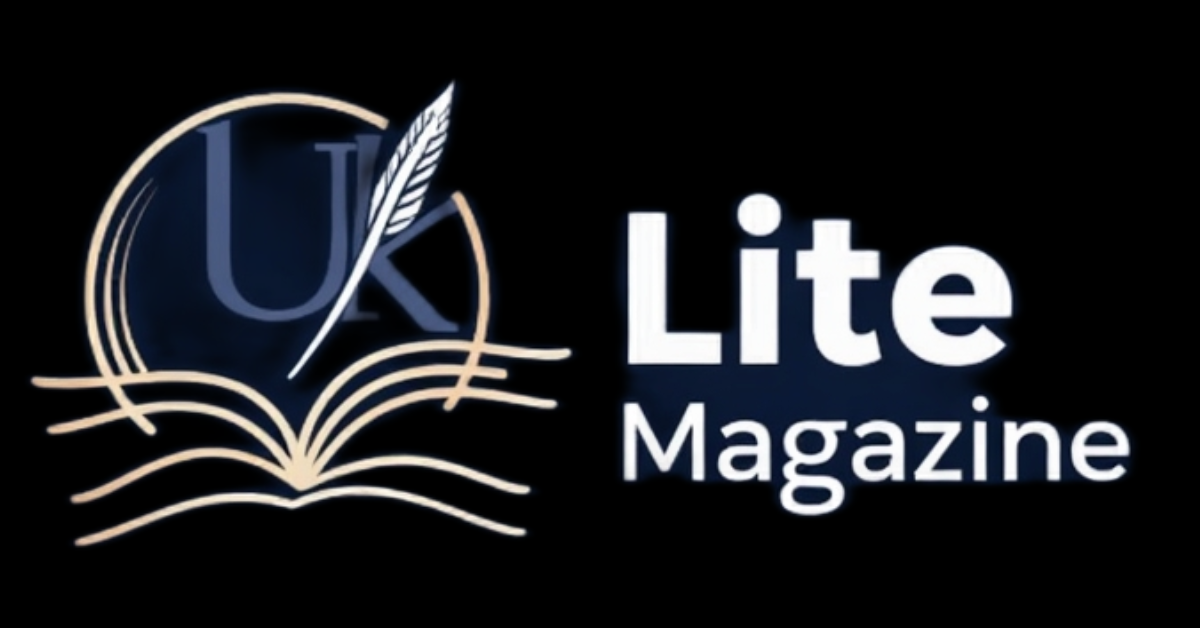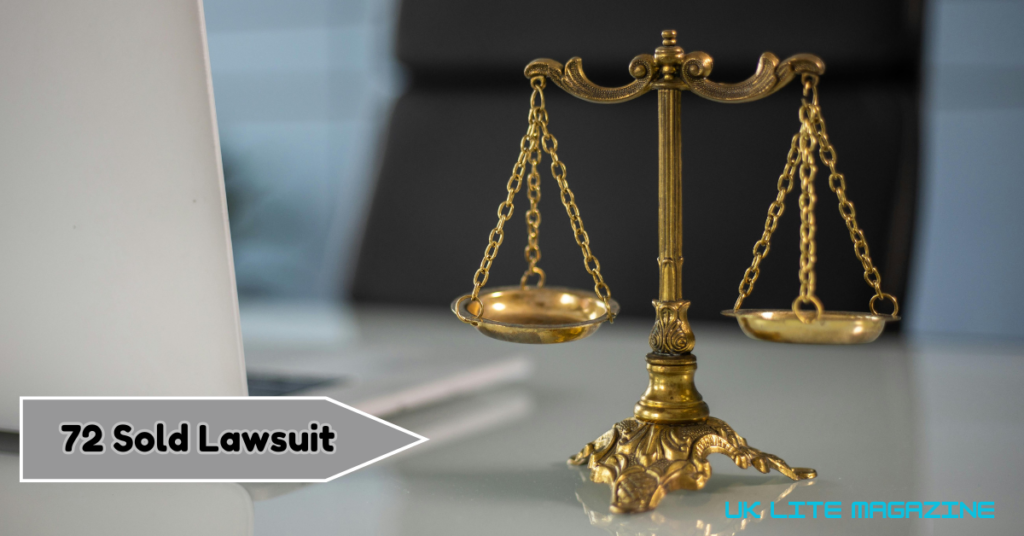In the world of real estate, innovative methods often promise to simplify the buying and selling process. One such approach is 72 Sold, a real estate program known for its quick and efficient home sales. However, the recent 72 Sold lawsuit has raised questions about its practices and how it could reshape the real estate industry. This article delves into the lawsuit, its potential implications, and what it means for real estate professionals and homeowners alike.
What is the 72 Sold Program?
72 Sold is a real estate model that claims to help homeowners sell their properties in just 72 hours. The program emphasizes a streamlined process, combining marketing strategies and pre-negotiated buyer terms to facilitate fast sales. This approach has attracted significant attention, positioning itself as a faster alternative to traditional real estate transactions.
Overview of the 72 Sold Lawsuit
The 72 Sold lawsuit revolves around allegations questioning the transparency and legality of certain practices within the program. While specific details of the case may vary depending on jurisdictions, the main concerns typically include:
- Misleading Advertising: Claims that the program’s marketing materials may have exaggerated the speed and ease of the sales process.
- Conflict of Interest: Allegations suggesting that the program prioritizes profits over the best interests of homeowners.
- Regulatory Compliance: Questions about whether the program adheres to local and federal real estate laws.
These allegations have prompted legal scrutiny and could lead to significant consequences for the program and its users.
Potential Impacts on Real Estate Practices
The outcome of the lawsuit could ripple through the real estate industry, influencing how transactions are conducted. Here are some potential impacts:
a) Increased Focus on Transparency
If the lawsuit highlights lapses in transparency, real estate companies may be required to:
- Provide clearer marketing materials.
- Disclose all fees, commissions, and potential conflicts of interest upfront.
- Ensure that their promises align with actual outcomes.
This shift would benefit consumers by fostering trust and accountability in the industry.
b) Stricter Regulatory Oversight
Regulatory bodies may respond to the lawsuit by:
- Introducing stricter guidelines for alternative real estate models.
- Increasing enforcement of existing laws.
- Monitoring compliance more closely to prevent deceptive practices.
Such measures would aim to create a level playing field for traditional agents and newer models like 72 Sold.
c) Changes in Marketing Strategies
The real estate sector’s marketing tactics might evolve, focusing more on:
- Realistic timelines and expectations.
- Emphasizing the pros and cons of different sales methods.
- Highlighting customer testimonials backed by verifiable data.
d) Shift in Consumer Behavior
Homeowners may become more cautious, asking critical questions such as:
- “What guarantees does this program offer?”
- “Are there hidden fees or commissions?”
- “How does this model compare to traditional real estate services?”
This change could push programs like 72 Sold to adapt and improve their offerings.
Lessons for Real Estate Professionals
The lawsuit serves as a wake-up call for real estate professionals to:
- Prioritize ethical practices and transparency.
- Stay updated on legal and regulatory changes.
- Adapt to new consumer expectations by offering flexible yet reliable services.
Agents who embrace these lessons can maintain their reputation and thrive in an evolving market.
What Should Homeowners Consider?
For homeowners, the lawsuit underscores the importance of due diligence. Before choosing a real estate program, consider:
- Reading reviews and testimonials from previous clients.
- Understanding all terms and conditions.
- Comparing multiple options, including traditional agents and alternative models.
Informed decisions can help homeowners avoid potential pitfalls and secure the best outcomes.
Conclusion
The 72 Sold lawsuit highlights the complexities of balancing innovation with accountability in real estate. While the program’s promise of quick sales appeals to many, the legal challenges emphasize the need for transparency and ethical practices. Whether you’re a real estate professional or a homeowner, staying informed and vigilant is key to navigating these changes.
As the industry evolves, the lessons from this lawsuit could lead to a more robust, transparent, and consumer-friendly real estate market. By adapting to these shifts, stakeholders can ensure a fair and efficient experience for all.
Frequently Asked Questions (FAQs)
1. What is the 72 Sold lawsuit about?
The lawsuit addresses allegations of misleading advertising, potential conflicts of interest, and non-compliance with real estate regulations.
2. How could the lawsuit impact homeowners?
Homeowners may see improved transparency in marketing and more accountability from real estate programs.
3. Will traditional real estate agents be affected by this lawsuit?
Yes, the lawsuit could influence industry-wide practices, encouraging traditional agents to emphasize transparency and ethical conduct.
4. What should I look for when choosing a real estate program?
Ensure the program is transparent about fees, terms, and timelines. Read reviews and compare options to find the best fit for your needs.
5. Are alternative real estate models like 72 Sold reliable?
While many alternative models are legitimate, it’s crucial to research their practices and ensure they comply with regulations before proceeding.

